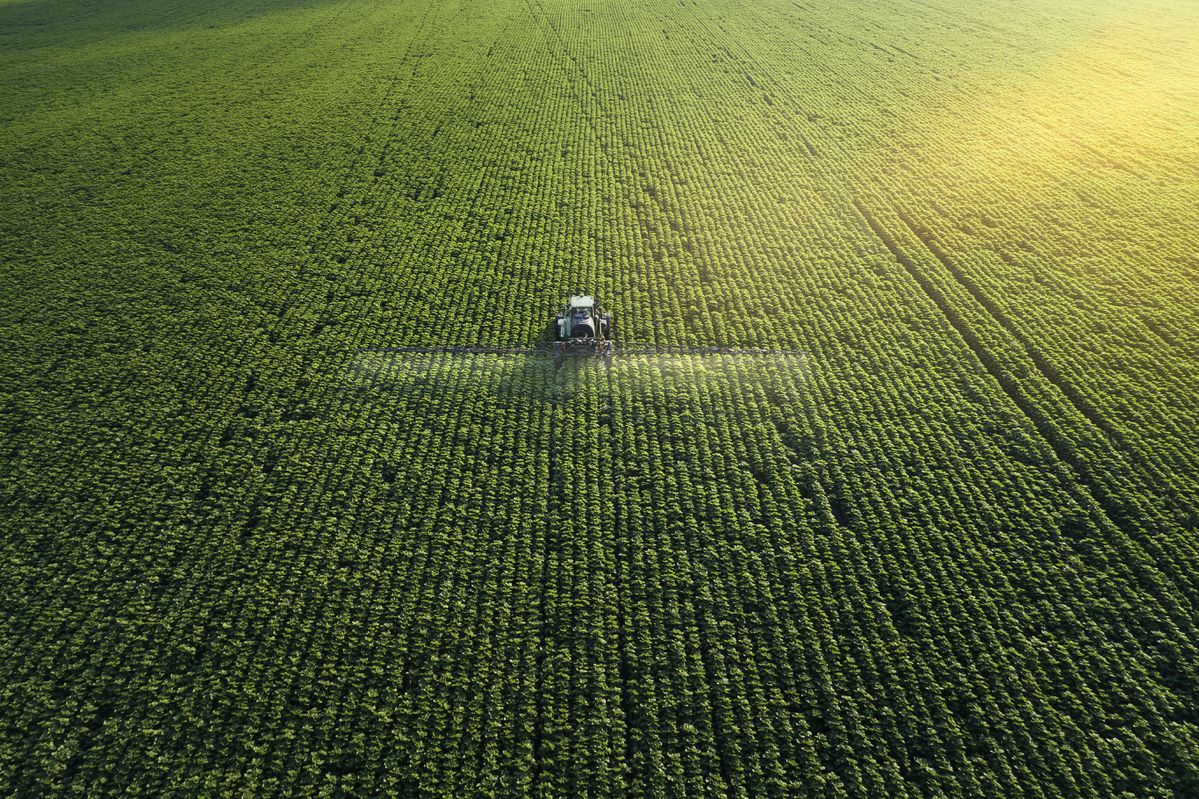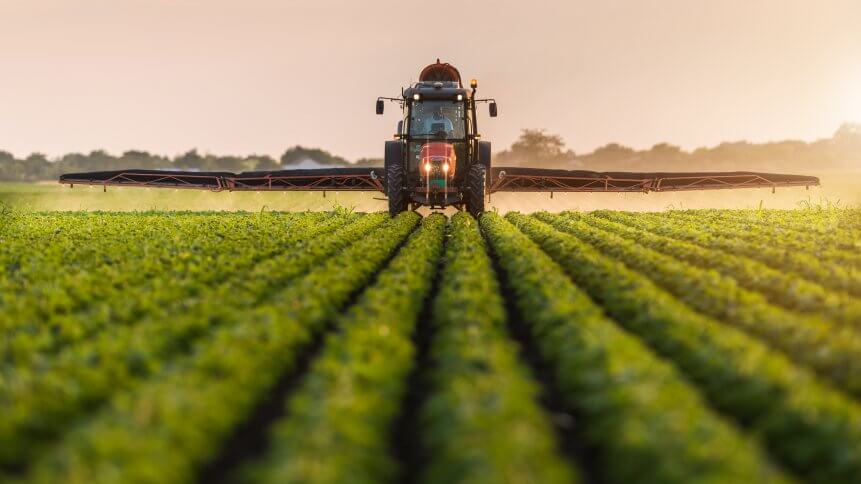Cambridge IGCSE Agriculture
By considering agriculture as an applied science, learners gain an understanding of basic agricultural principles and skills through extensive practical experience. The syllabus develops learners' ability to apply a scientific approach to the study of topics such as crop and livestock husbandry, farm structure and machinery, and agricultural economics. As a result, learners gain a positive attitude towards farming and rural development, and appreciate the ways in which improved agricultural practice can be used to alleviate the problems of famine and malnutrition.
Aims of the Course
The syllabus aims to:
- Promote an appreciation of agriculture as an applied science
- Stimulate an interest in, and create an awareness of, existing problems and opportunities in agricultural and rural development
- Stimulate positive attitudes by showing that efficient farming can be both a profitable and a rewarding occupation
- Demonstrate the value of agriculture to the family and community, so as to show how improved agriculture can contribute to the worldwide campaign for freedom from hunger
- Encourage the teaching, in a practical manner, of basic principles and skills in agriculture and of efficient farm business management
- Ensure that schools take an active part in rural development by integration of agricultural activities into the school curriculum
- Encourage the development of a school farm, ensuring that students actively participate in the farming events throughout the course, including at weekends and during school holidays
- Develop initiative, problem-solving abilities, scientific methods and self-education so as to encourage resourcefulness and self-reliance
- Provide a basis, together with the basic sciences and mathematics, for more advanced studies in agriculture

Syllabus
1. General agriculture
1.1 General principles of land use
1.2 Principles of agricultural economics
2. Soil
2.1 Soil formation
2.2 Soil types, composition, texture and temperature
2.3 Soil fertility
2.4 Soil erosion and soil conservation
2.5 Drainage and irrigation
2.6 Water cycle
3. Principles of plant growth
3.1 Movement of materials through plants
3.2 Reproduction in plants
3.3 Germination
4. Crop production
4.1 Land preparation
4.2 Cultivation of cash crops
5. Crop protection
5.1 Weed control
5.2 Pest control
5.3 Disease control
5.4 The use of farm chemicals
6. Livestock anatomy and physioloy
6.1 Digestion in ruminants and non-ruminants
7. Livestock production and health
7.1 Livestock housing
7.2 Livestock nutrition
7.3 Livestock health
7.4 Study of one ruminant and one non-ruminant animal
8. Pasture management
8.1 Extensive pasture management
8.2 Intensive pasture management
9. Livestock and crop breeding
9.1 Monohybrid inheritance
9.2 Selective breeding in animals and plants
10. Farm structures and tools
10.1 Fencing
10.2 Farm buildings
10.3 Farm water supplies
10.4 Farm tools
10.5 Farm machinery
Aims of Assessment
1. Knowledge with understanding
Candidates should be able to demonstrate agricultural knowledge and understanding in relation to the correct use of-
- Facts, concepts, principles, patterns, models and theories
- Terms, symbols, quantities and units
- The techniques, procedures and principles of safe agricultural practice
The subject content defines the factual knowledge that candidates may be required to recall and explain. Questions testing these objectives will often begin with one of the following words: define, state, name, describe, explain or outline.
2 Handling information and solving problems
Candidates should be able – using oral, written, symbolic, graphical and numerical forms of presentation to-
- Locate, select, organise and present information from a variety of sources
- Translate information from one form to another
- Use information to identify patterns, report trends and draw inferences
- Present reasoned explanations for phenomena, patterns and relationships
- Make predictions and propose hypotheses
- Solve problems, including some of a quantitative nature
These assessment objectives cannot be precisely specified in the subject content because questions testing such skills may be based on information that is unfamiliar to the candidate. In answering such questions, candidates are required to use principles and concepts that are within the syllabus and apply them in a logical, reasoned or deductive manner to a novel situation. Questions testing these objectives will often begin with one of the following words: discuss, predict, suggest, calculate or determine.

Assessment
Paper 1: Theory
This paper has two sections:
Section A: A number of compulsory, short, structured questions. Worth 70 marks.
Section B: Candidates answer two out of five free-response questions. Each question is worth 15 marks.
1 hour 45 minutes
Total marks: 100
Weighting: 70%
Paper 2: Practical Coursework
A coursework assessment marked by the teacher and moderated by the Ministries in the candidate’s home country or Cambridge International. Detailed instructions for teacher assessment are available from the Ministries of Education or Cambridge International.
The coursework consists of at least four practical exercises carried out over the course and a practical investigation, which could be up to three practical exercises.
When planning practical work, teachers should make sure they do not contravene any school, education authority or government regulations.
Total marks: 90 (Practical skills 60, Investigative skills 30)
Weighting: 30% (Practical skills 20%, Investigative skills 10%)
Want to improve your grades? Request for one to one online tutoring at Vidyalai.com with the best teachers. 100% money back guarantee. Signup now!